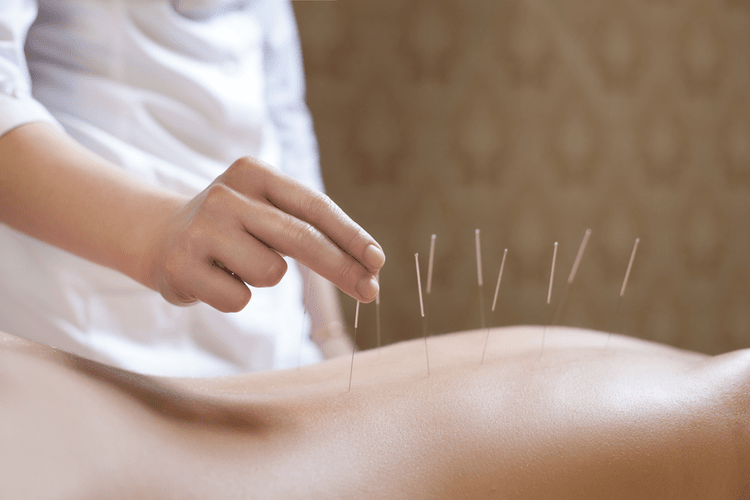Use during pregnancy can also lead to miscarriage and low birth weight. Because of the way opioids make you feel, there’s a Drug rehabilitation high risk of developing an addiction. While you may want to stop taking an opioid, your brain and reward system want more of it.
- Addiction is a condition where something that started as pleasurable now feels like something you can’t live without.
- In contrast, long-acting opioids, like methadone, can delay symptom onset by up to 48 hours, with withdrawal lasting considerably longer, sometimes extending beyond two weeks.
- However, extended-release drugs and long-acting opioids may have a later peak, at around 30–72 hours after a person stops using them.
Understanding Today’s Drug Threats
Overall, these stages highlight the importance of comprehensive care and management strategies during the detoxification process. The stages of opioid withdrawal unfold progressively, beginning with the decision to quit and preparing for treatment. Recognizing the need for help is crucial for those battling addiction.

The Evolution of America’s Opioid Crisis

But there are risks linked to opioid use — including severe constipation, nausea, dependence, misuse, opioid use disorder and accidental overdose. For example, opioid medicines may help when the pain level is very high and short https://tomthetoolmantyler.com/does-alcohol-makes-you-hot-how-to-drink-safely-2/ term. It’s crucial to consult with healthcare professionals when experiencing opioid withdrawal. Medical facilities, addiction specialists, and community health services can provide tailored plans to manage withdrawal symptoms safely. Utilizing resources such as local addiction recovery programs can facilitate access to necessary support.
School-Based Prevention
Researchers collected data directly from incarcerated individuals and extracted information from jail administrative and clinical records. This linkage enabled a robust analysis of the program’s impact on key post-release outcomes. Your healthcare professional may recommend combining your taper with counseling opioid recovery from an alcohol and drug counselor. Counseling can help you learn ways to cope with stress, identify early warning signs of relapse and keep you from taking opioids. Your healthcare professional may recommend continued counseling after you’ve completed your opioid taper. You may have withdrawal symptoms when you stop or lessen the use of opioid medicine.
- Recovery takes time, and it’s important to have a clear plan that fits your needs.
- Whether you’re in early withdrawal or months into your sobriety, every step counts.
- Drug addiction is a chronic disease characterized by compulsive, or uncontrollable, drug seeking and use despite harmful consequences and long-lasting changes in the brain.
